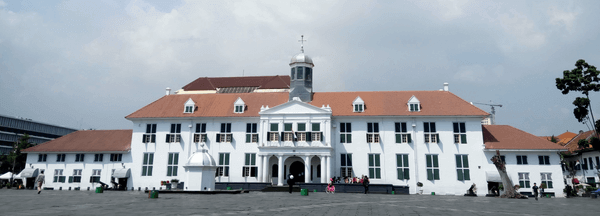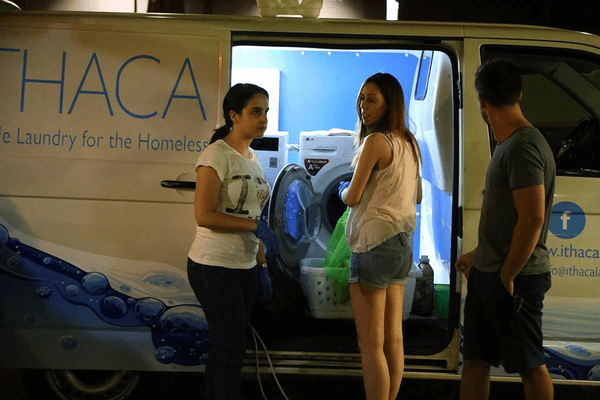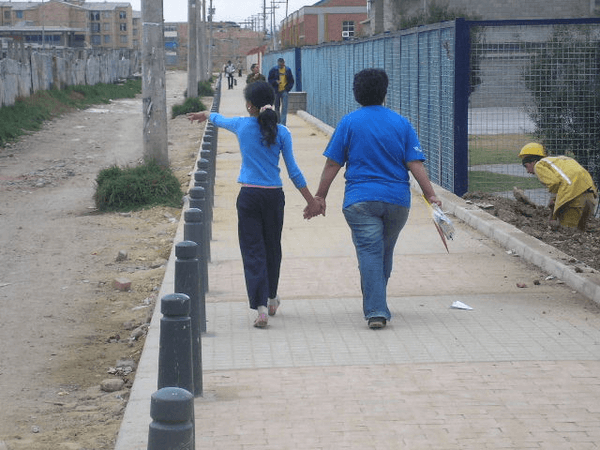The first step in Ijebu-Ode poverty reduction programme was a city consultation process. All relevant stakeholders in the city were brought together to share their knowledge and to find a consensus on how to reduce poverty in the city. Not only local and traditional authorities, but also representatives of local interest groups such as market trader women, cooperatives, religious groups, etc. were brought together.
After several days of meetings, a final action plan was developed by an elected committee. The action plan outline the goals to change the bad infrastructure (for example in hospitals), improve waste disposal, increase the water supply available, and most importantly support enterprises able to provide employment, capability development, and generate income. The chosen enterprises were active in animal breeding, fruit cultivation, agriculture, and traditional arts and crafts. In order to generate income and employment for city inhabitants, special training, and changes in attitude would be required. One goal was to increase tourism by developing arts and crafts in the city. Finally the action plan stated that assistance in implementing the numerous measures would be needed on the part of private sector enterprises, NGOs, and national government.
After the action plan was approved, the question about a convenient institutional setting for implementation remained unsettled. It would have been logical to set a location within the local government, but city inhabitants claimed that a board, reflecting stakeholder diversity, should be created, not influenced by the constitutional triennial changes in government institutions in Nigeria, nor associated with suspicions of corruption or inefficiency often attached to local government. Subsequently, IDBPR, Ijebu-Ode Development Board for Poverty Reduction, was founded in 1999, with a staff of 30 persons representing stakeholder groups involved in the programme: representatives of traditional authorities and local government, Ijebu-Ode Development Association, market trader women, cooperatives, artisans, Chamber of Commerce, and National Association of small-scale industrialists. IDBPR was tasked to mobilise funds from the donor community, the state, NGOs, and several private stakeholders, for distribution and vocational training. It also had the duty to supervise the use of credits and loan repayment.
When the programme started in March 2000, IDBPR had collected a sum of USD 100,000. Considering that poverty reduction can only be achieved by providing people with knowledge, skills, and capability, one main programme instrument was workshops training potential microcredit beneficiaries. Throughout the duration of the programme (August 2000-October 2006), 15 workshops were held attended by about 3,210 participants. Training was given to enhance skills in specialised crops, small animal rearing, fish production, use of mini-finance, building cooperative organisations, and transferring the poverty-reduction approach to other regions. Support for the programme was provided by several international organisations, such as: UN Food and Agricultural Organisation (FAO), the World Bank, and the UN Development Programme (UNDP).
IDBPR established three main rules to which groups and individuals had to adhere in order to obtain credit: training, savings, and cooperative membership. The first rule implied that beneficiaries had to attend relevant workshops in order to enhance their knowledge and gain skills in business management. The second rule was directed towards ensuring that loans would be repaid and gaining experience about the advantages of saving: every beneficiary had to open an account at the local bank distributing credits, which achieved both positive results for beneficiaries and programme functioning. The third rule was introduced to minimise the risks of non-payment of credits. Various cooperatives were founded to which every beneficiary had to affiliate. These cooperatives bore in part responsibility for disbursing credits, served as categories for credit conditions and were also considered to encourage one-step action by providing a network.


